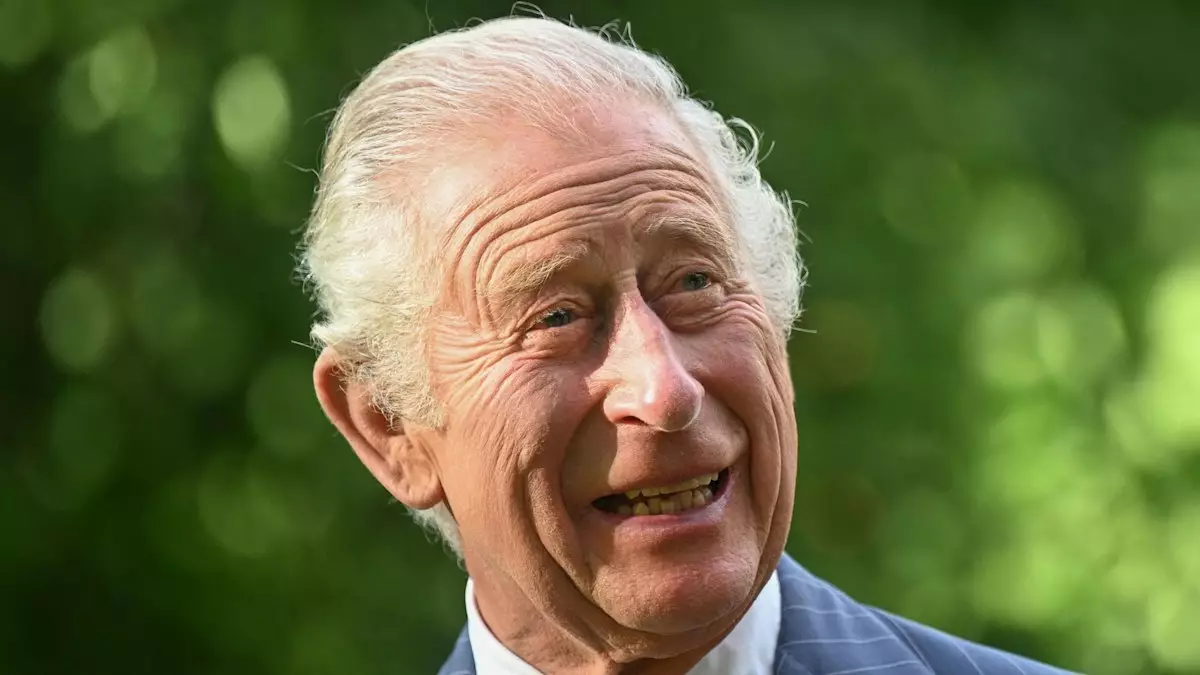King Charles has long stood apart from conventional expectations, particularly in his approach to environmental stewardship. Even before ascending the throne, Charles embodied a vision ahead of his time, challenging the status quo within both royal circles and wider society. His commitment to sustainability and ecological mindfulness has often drawn skepticism or ridicule, yet retrospectively, his prescient efforts underscore a remarkable dedication to pioneering green initiatives. Unlike many public figures who may align briefly with popular causes, Charles has pursued a consistent, hands-on agenda informed by genuine conviction rather than fleeting trends.
The Early Advocate of Organic Farming
Perhaps one of King Charles’s most defining environmental contributions is his advocacy for organic farming, a practice he embraced decades ago at Highgrove House in Gloucestershire. This was no mere symbolic gesture—Charles implemented practical measures that limited pesticides, antibiotics, and chemical fertilizers long before such ideas gained mainstream traction. At the time, his commitment was dismissed by critics who branded him naive or eccentric. Yet today, organic agriculture has grown into a global standard for sustainable food production, validating his foresight and resolve. Charles’s insistence on organic techniques was motivated not only by environmental concerns but by a principled stance against antibiotic overuse, anticipating public health challenges linked to resistance.
Innovative Solutions to Environmental Problems
Beyond farming, Charles has consistently pushed for creative methods to reduce pollution and minimize waste. His early warnings about plastic pollution, chemical contaminants, and the degradation of waterways highlight an enduring concern for ecological balance. For instance, the installation of a reed-bed sewage treatment system at Highgrove was once mocked as impractical, yet it stands as an ingenious example of natural water purification that predates current green infrastructure movements. Such projects exemplify his belief in harmonizing human activity with nature’s processes, rather than working in opposition to them.
Modernizing Royalty with Eco-Friendly Technologies
While respecting tradition, Charles has actively pursued modernization through environmental innovation. Notably, he revolutionized his personal transportation by converting his Aston Martin to run on biofuel—a blend of English white wine and cheese by-products—signaling that sustainability and luxury need not be mutually exclusive. More recently, his adoption of an electric BMW on the Sandringham estate demonstrates a commitment to cutting-edge technology as part of the royal lifestyle. This progressive attitude contrasts sharply with the often-staid image of monarchy, highlighting how royal influence can be wielded to accelerate eco-conscious behaviors among the public and elite alike.
Embracing the Wisdom of Nature
King Charles’s reverence for nature extends beyond policy or technology to a more spiritual and intuitive connection. His belief that plants can respond to human interaction was once ridiculed, yet emerging scientific research now supports the idea that plants communicate and exhibit complex behaviors. The BBC’s The Green Planet series validated his perspective by exploring plant intelligence and interdependence. This willingness to listen to nature and integrate it into his worldview sets him apart from traditional leaders who view the environment one-dimensionally. Charles’s harmonious approach showcases a holistic understanding that ecological well-being depends on respect and dialogue, not domination.
A Legacy of Visionary Courage
King Charles’s environmental journey has been marked by resilience against early criticism and a persistent drive to embody the change he wishes to see in the world. His experiences reveal the difficulties innovators face when challenging entrenched norms but also the transformative power of steadfast conviction. In hindsight, many of his ideas once deemed eccentric are now widely embraced or pursued urgently. His trailblazing work serves as a vital reminder: true leadership demands not only responding to current realities but anticipating future challenges and having the courage to act ahead of consensus.

